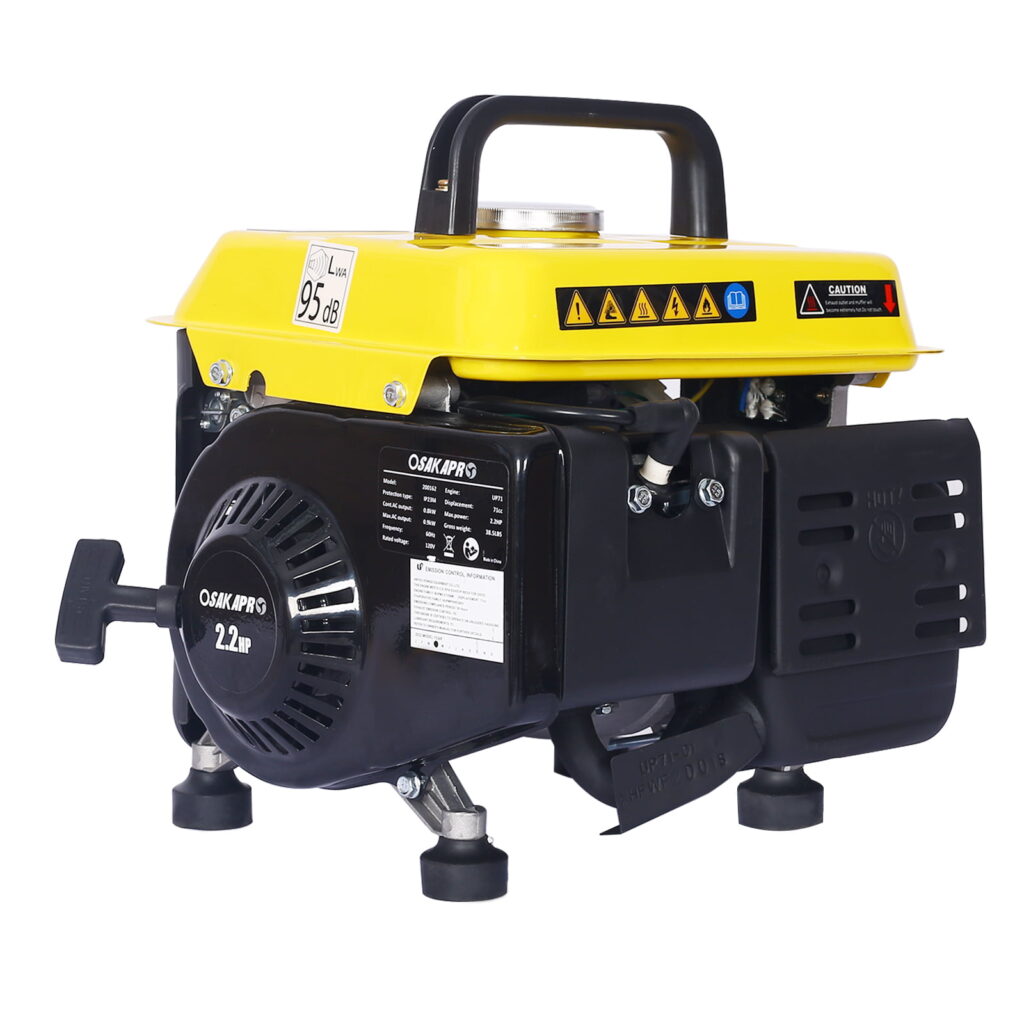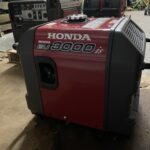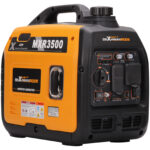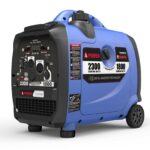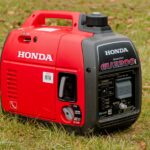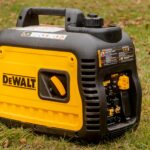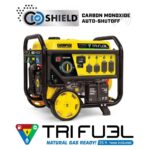An indoor generator is a great way to provide reliable power to your home or business. This type of generator provides a number of benefits, including providing emergency power in the event of a power outage, providing a more efficient power supply, and offering a more cost-effective solution than traditional outdoor generators. With an indoor generator, you can enjoy the convenience of having a reliable source of power at your fingertips. In this article, we will look at the benefits of an indoor generator and how it can help you keep your home or business running smoothly.
Portable Generators
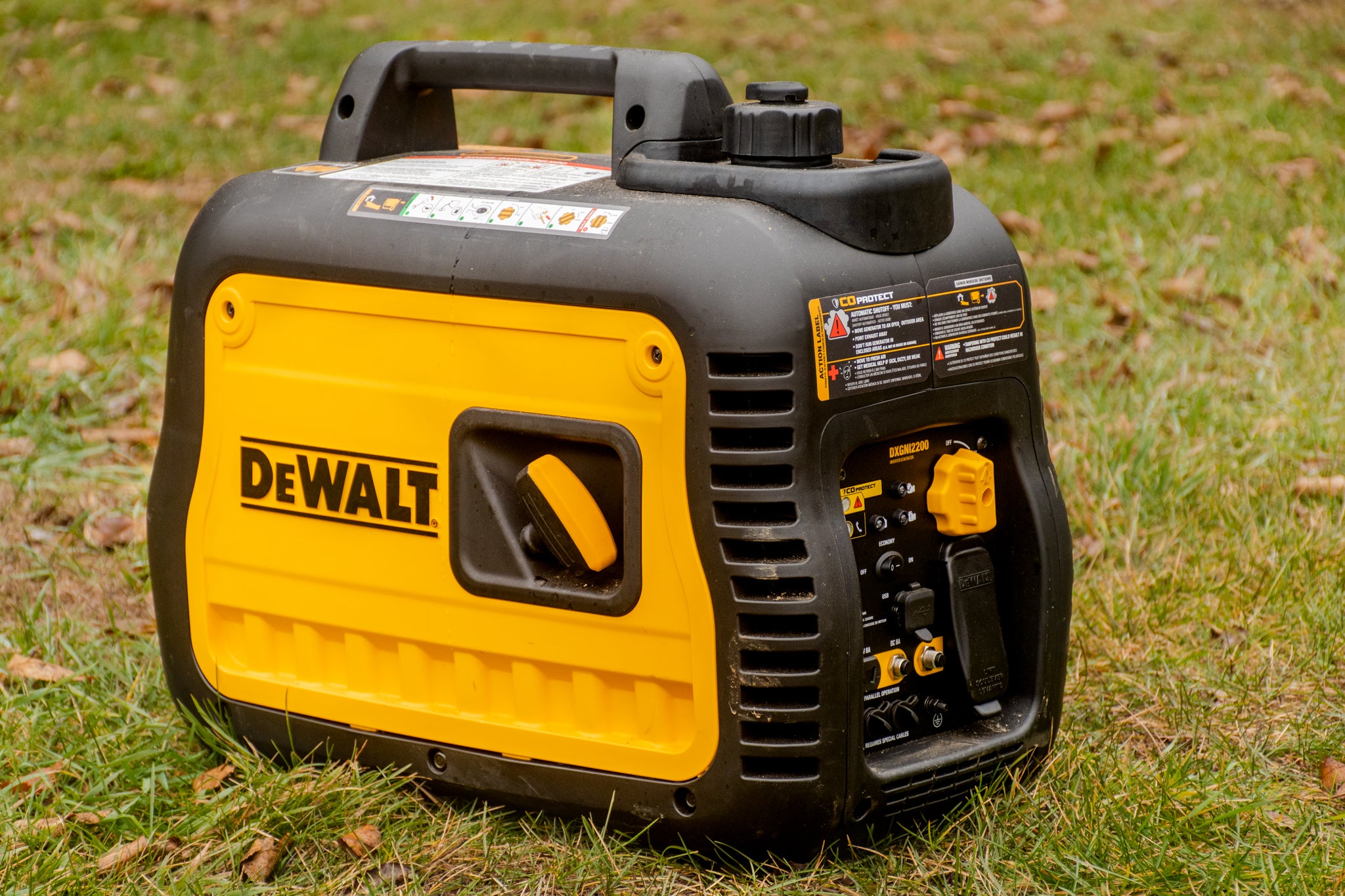
Portable generators are the most common type of indoor generators, and are ideal for those who need to use their generator occasionally. They typically do not require any installation and are lightweight, making them easy to transport. Portable generators are generally powered by gasoline, and can be used in a range of applications including camping, tailgating, and providing temporary power during an outage.
Standby Generators
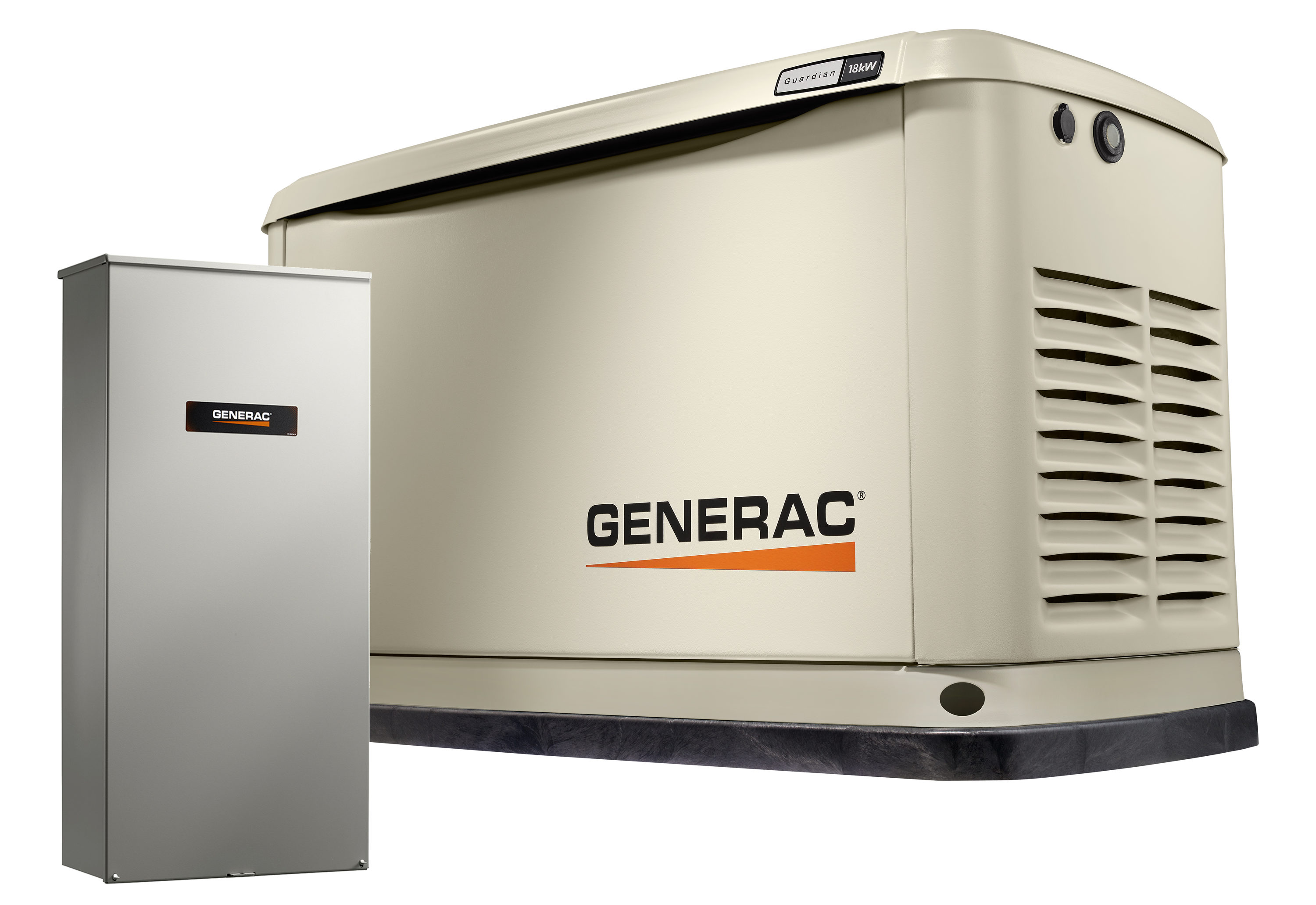
Standby generators are a more permanent solution and are typically installed outside the home or business. They are connected to the home’s electrical system, and kick in automatically when the power goes out. Standby generators are typically powered by natural gas or propane and can power an entire home or business.
Inverter Generators
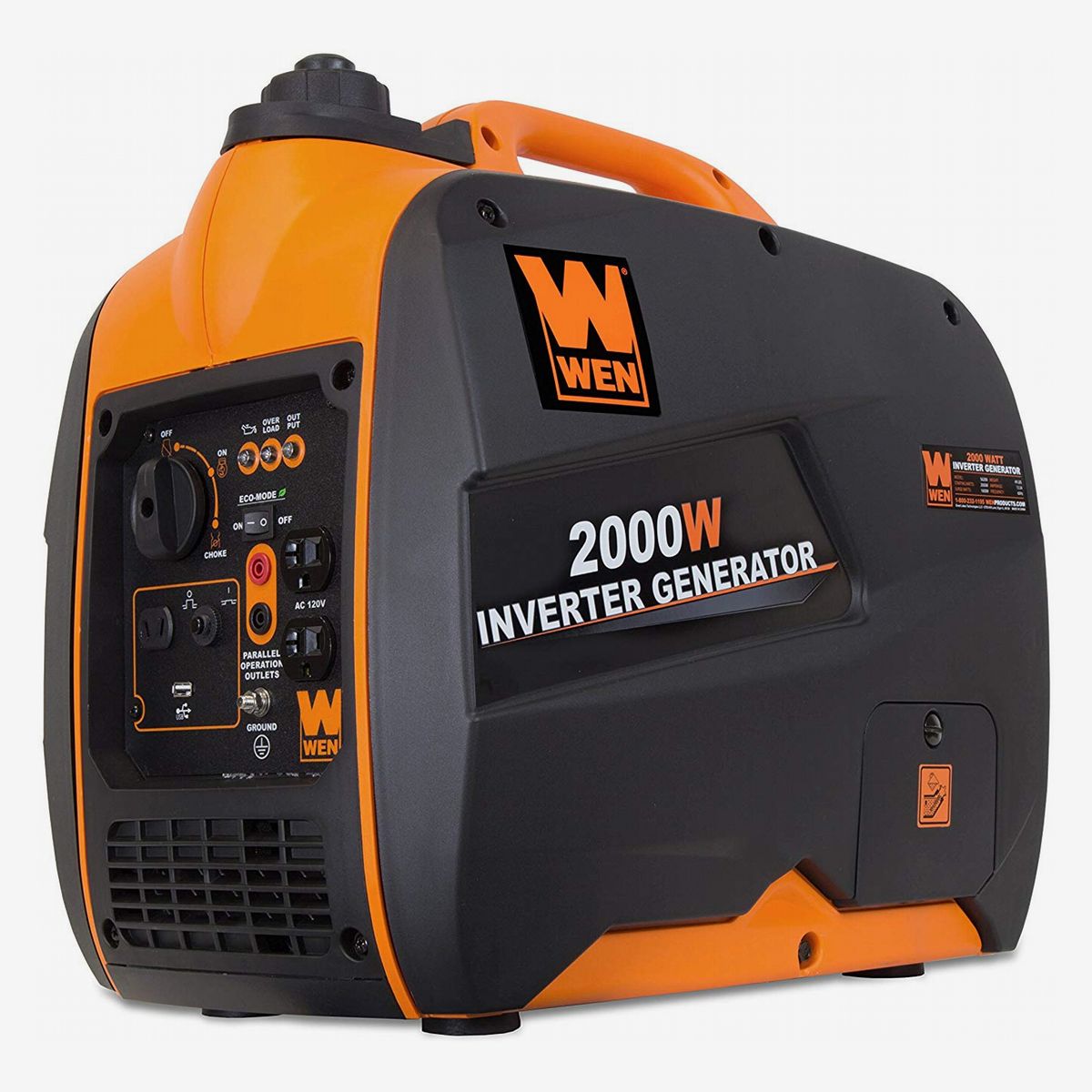
Inverter generators are a newer type of generator and are a good choice for those who need a generator that is both portable and quiet. They are powered by gasoline and use inverter technology to produce clean, stable power. Inverter generators are ideal for those who need a generator for camping, tailgating, or any other outdoor activity.
Benefits of Indoor Generators
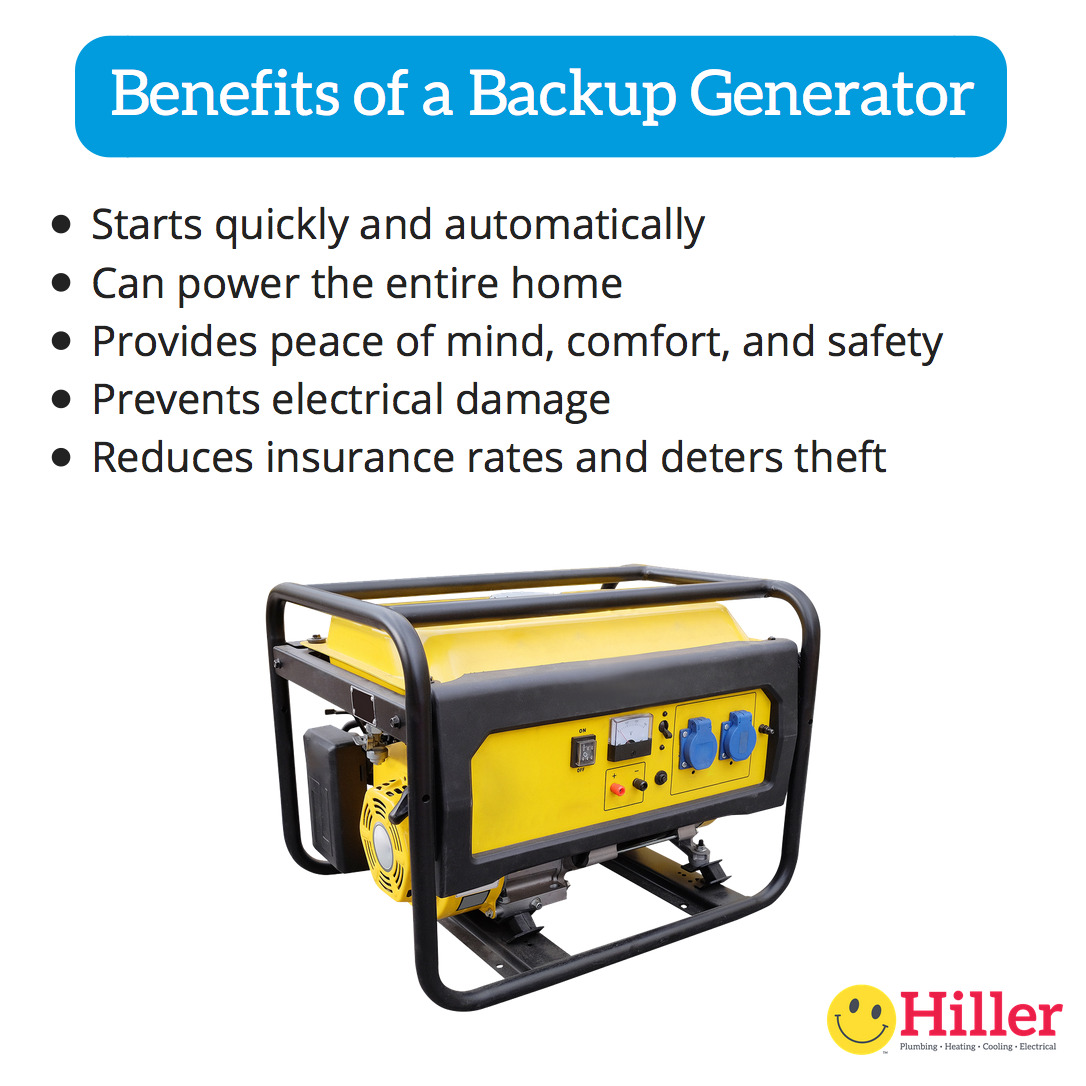
- Affordable and reliable power generation
- Safety and convenience as they are installed indoors
- Quieter operation than outdoor generators
- Flexible installation options
- Reduced risk of theft and vandalism
- Environmentally friendly
- Low maintenance costs
- Efficient energy conversion
- No need for refueling
Cost
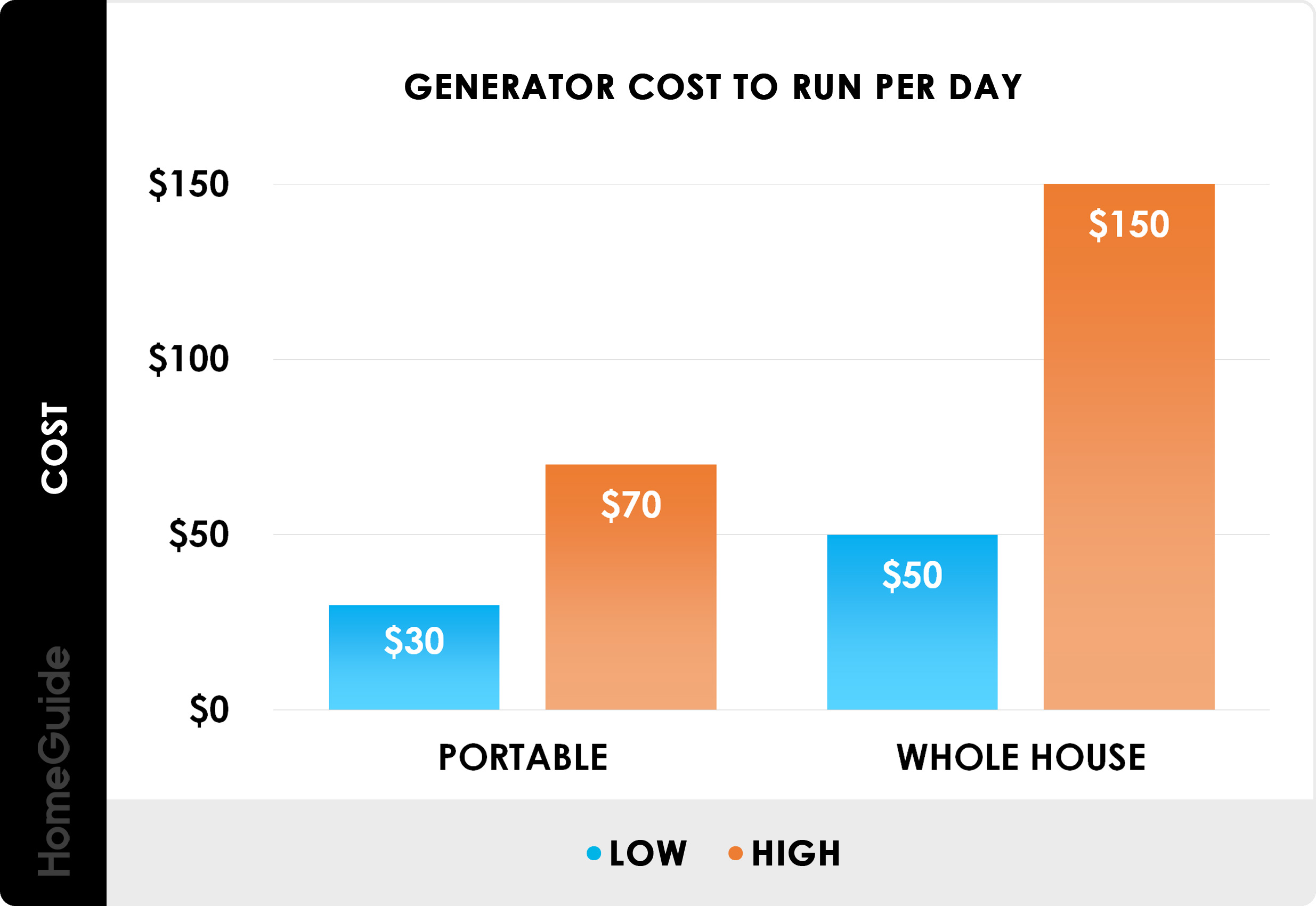
When purchasing an indoor generator, cost is an important factor to consider. It is important to research the cost of the generator itself, as well as any associated costs such as installation and fuel. Generators can range in price from a few hundred dollars to several thousand.
Installation
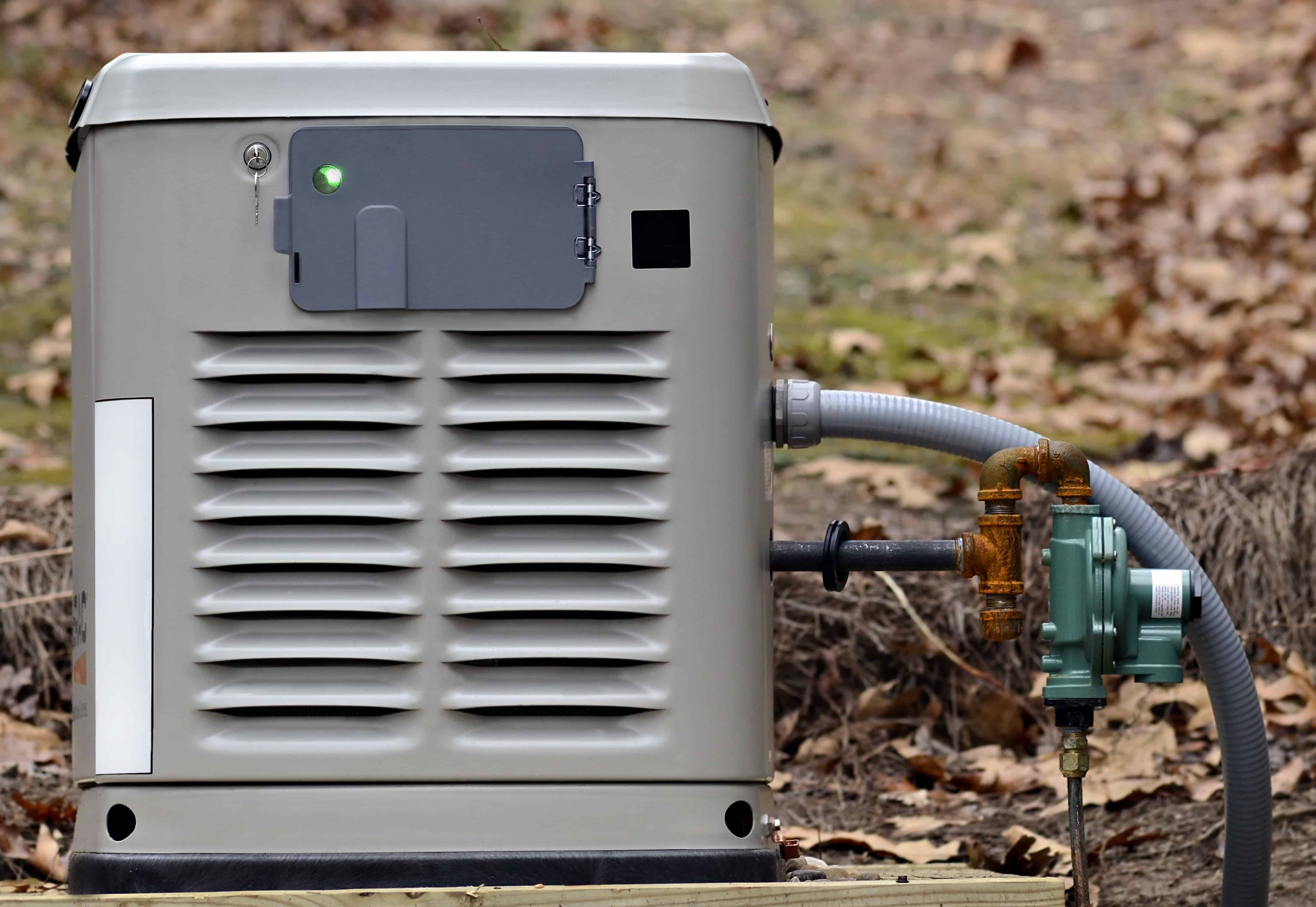
Installing an indoor generator can be a challenging process. It is important to consider the size and weight of the generator, as well as any necessary electrical wiring. If the generator is not properly installed, it could result in a dangerous situation. It is often best to hire a professional to install the generator.
Fuel Type
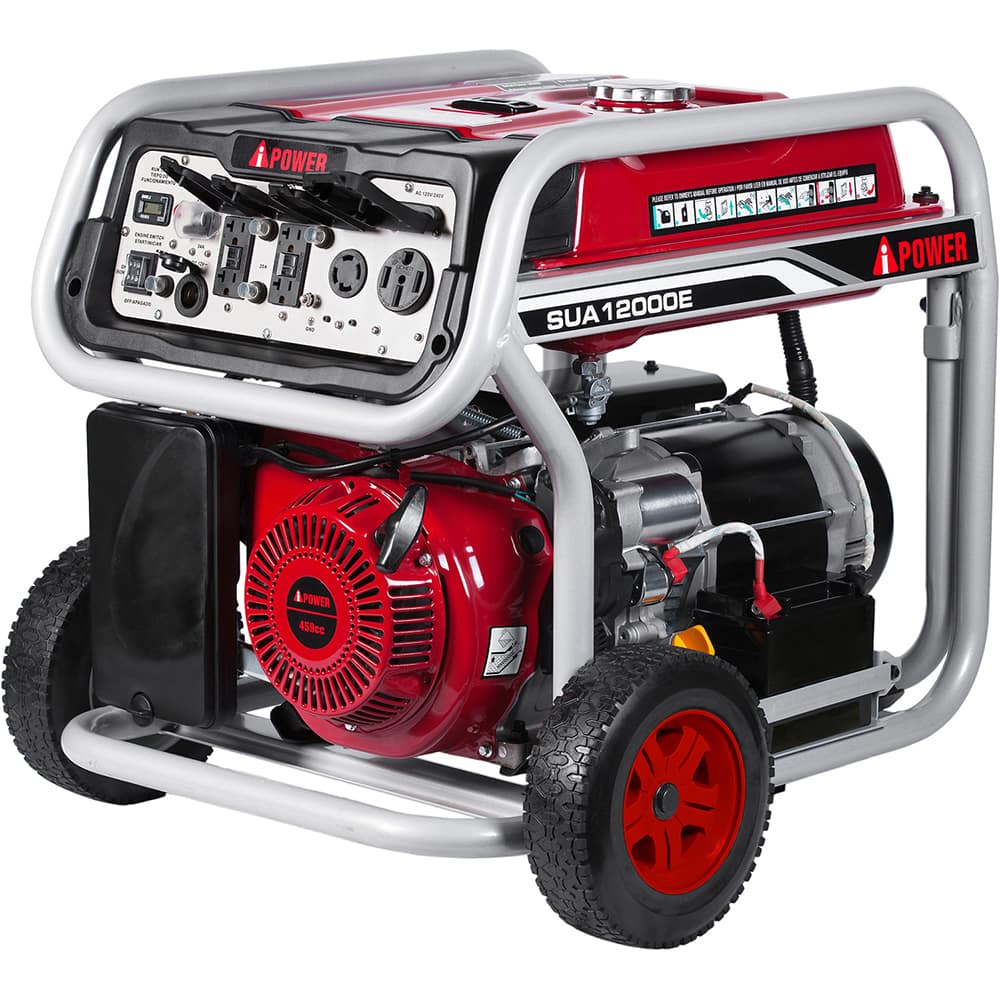
When selecting an indoor generator, it is important to consider the type of fuel it uses. Different fuel types have different costs and environmental impacts. Common fuel types include gasoline, diesel, and propane. Each one has its own advantages and disadvantages. It is important to research each type of fuel to determine which one is best for your needs.
Conclusion
When choosing an indoor generator, it is important to take into consideration the cost, installation, and fuel type. It is also important to research each type of fuel to determine the best option for your needs. Purchasing and installing an indoor generator can be a complicated process, so it is important to speak with a professional if you have any questions.
4. Noise Level
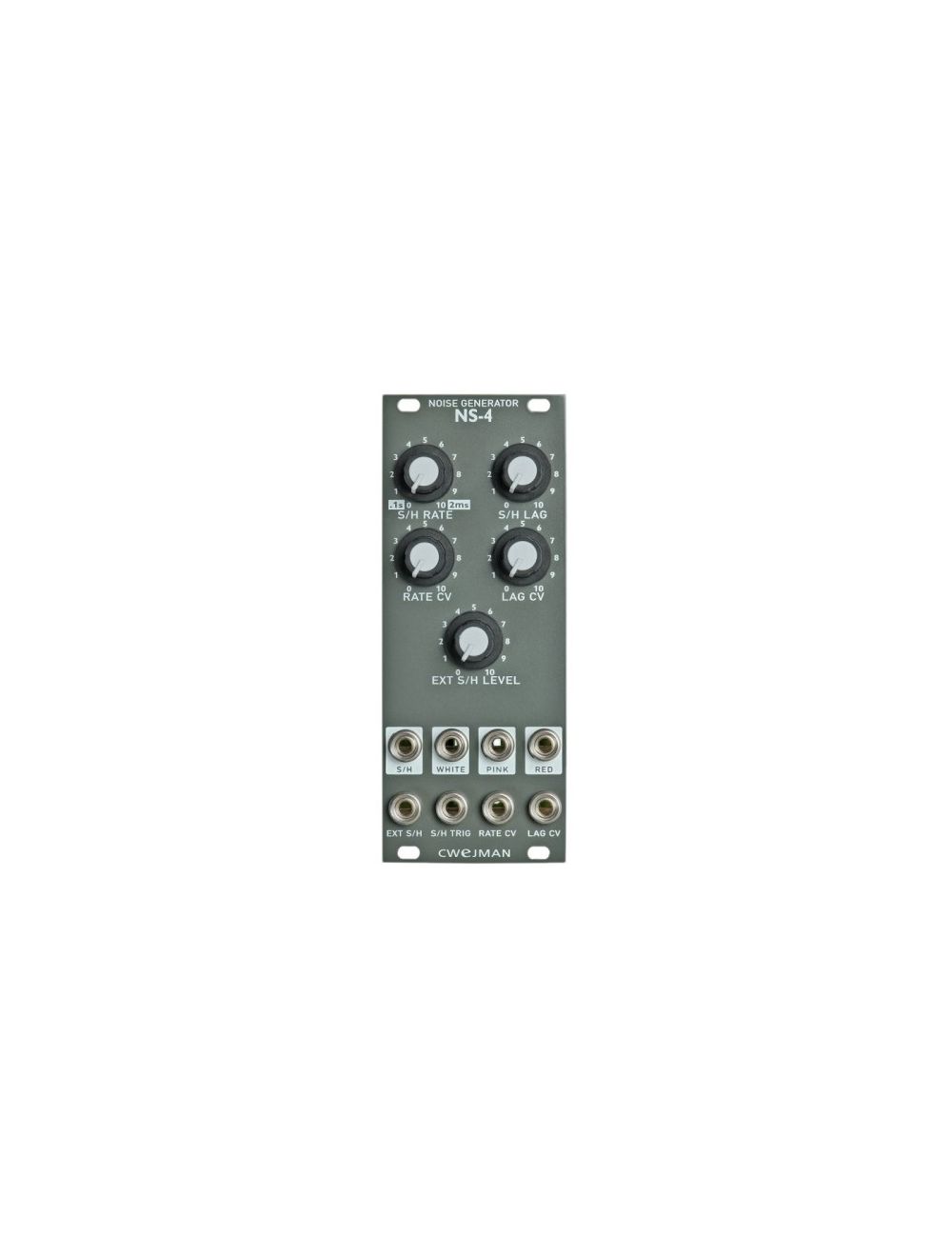
Indoor generators produce a lower noise level than their outdoor counterparts. They are typically quieter because they are insulated to reduce the sound of the unit. The noise level of an indoor generator can range from 50 decibels to 80 decibels, depending on the size and type of the generator. The average noise level of a standard residential generator is around 65 decibels, which is comparable to the sound of a normal conversation.
5. Size
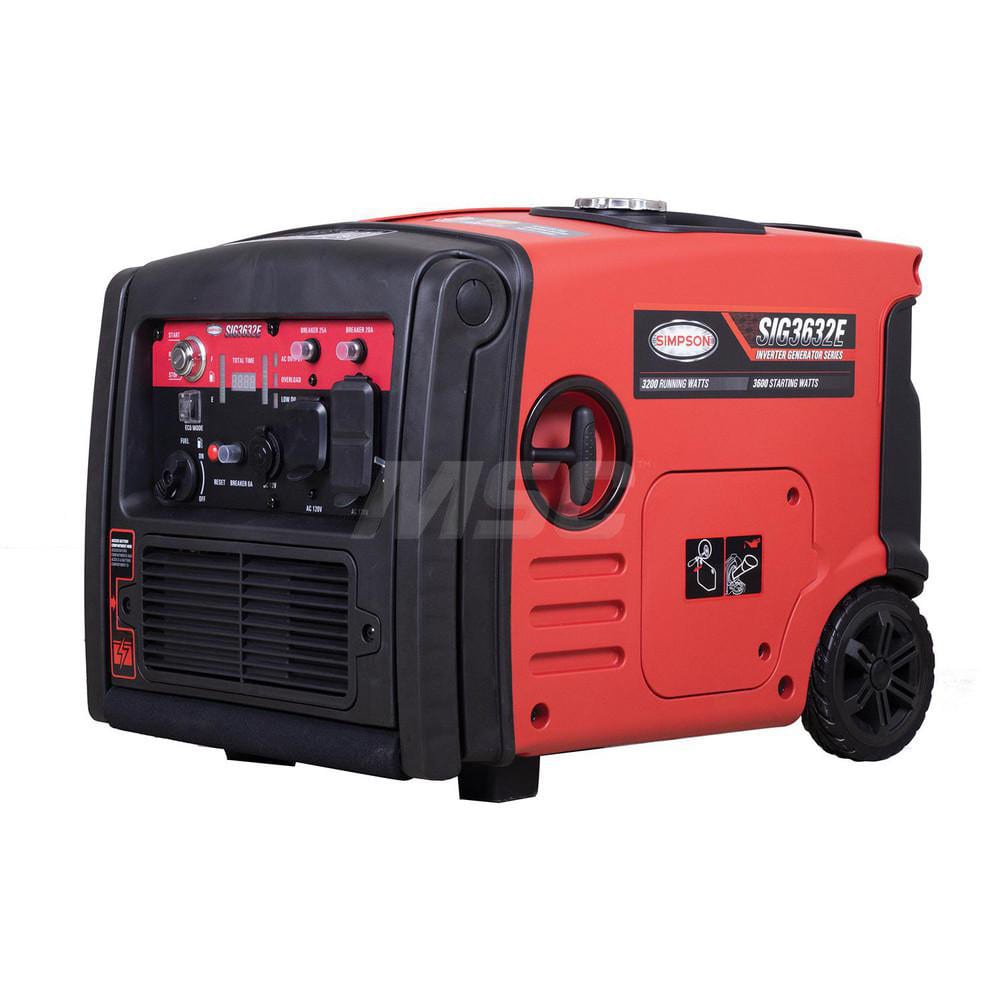
- Indoor generators come in a variety of sizes depending on the power output needed.
- Small portable generators can range from 2,000 watts to 7,000 watts, while large generators can be 10,000 watts or more.
- When selecting a generator, it is important to consider the amount of power you need and the size of the generator.
- Smaller generators are more compact, making them easier to store and transport.
- Larger generators are generally more powerful, but they also take up more space.
Safety Tips for Using an Indoor Generator
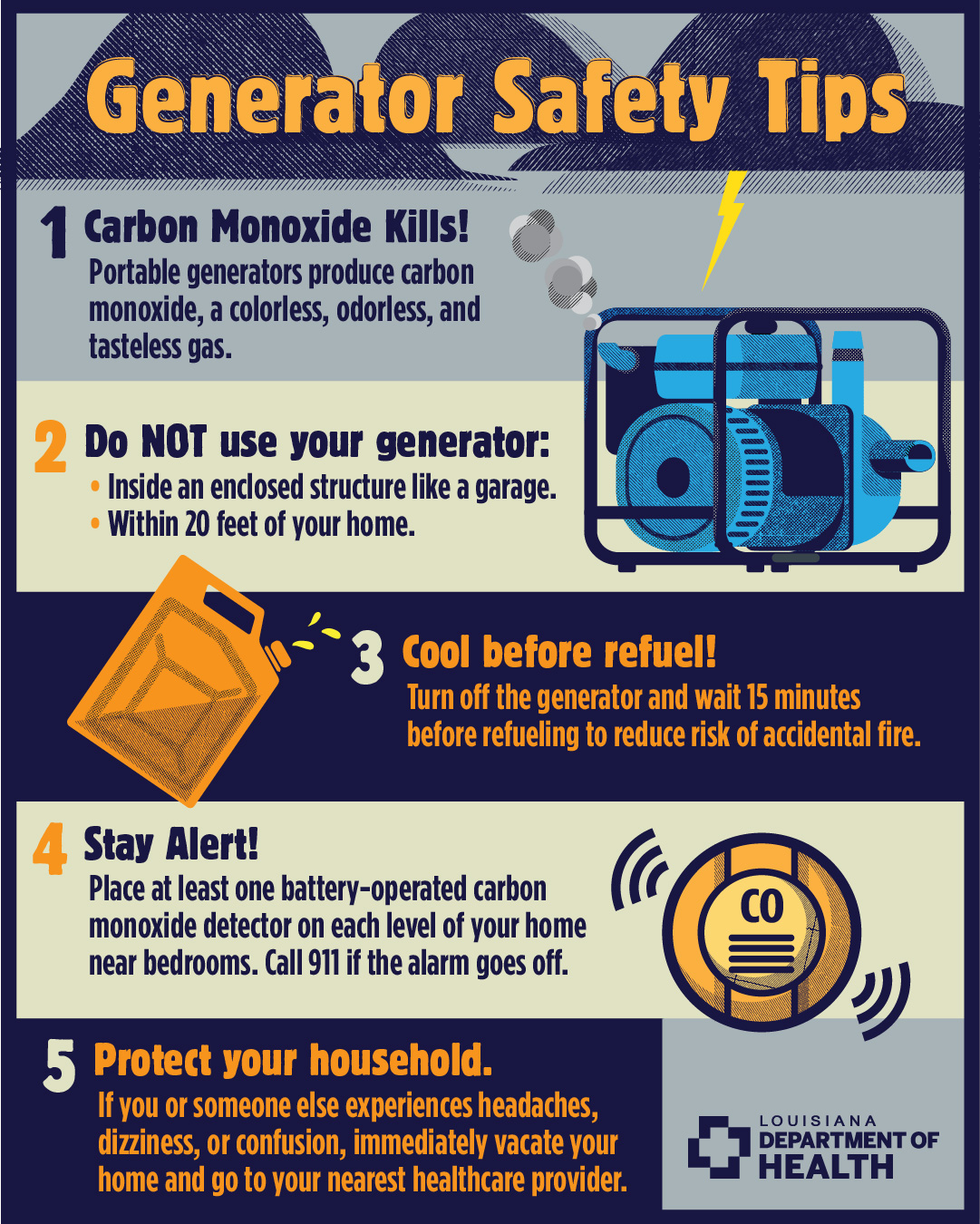
- Ensure the generator is located in a well-ventilated area. Do not run it in a confined space such as a garage, basement, or shed.
- Never run a generator inside a house, garage, basement, or shed.
- Do not store fuel near the generator or in the same room. Store fuel in an approved, sealed container away from the generator.
- Do not refuel the generator while it is still running or hot.
- Unplug appliances before connecting them to the generator.
- Keep the generator at least 10 feet away from any window, door, or vent.
- Use a heavy-duty extension cord to connect appliances to the generator.
- Never overload the generator. Check the wattage rating of the generator before plugging in any appliance.
- Always disconnect the generator before servicing or making repairs.
- Do not touch the generator with wet or damp hands.
- Make sure the generator is properly grounded.
- Check the generator regularly for signs of wear and tear or damage.
Maintenance of an Indoor Generator
| Maintenance Task | Frequency |
|---|---|
| Check Oil Level | Monthly |
| Check Coolant Level | Monthly |
| Replace Fuel Filter | Every 6 Months |
| Replace Air Filter | Every 6 Months |
| Check Battery Level | Monthly |
| Lubrication of Moving Parts | Every 6 Months |
| Change Oil | Every 12 Months |
It is important to maintain your indoor generator to ensure that it runs properly and safely. Regular maintenance should be done on a monthly and bi-annual basis. This includes checking the oil level, coolant level, fuel filter, air filter, battery level, and lubrication of moving parts. Additionally, the oil should be changed every 12 months.
Alternatives to Indoor Generators
Solar Power Systems: Solar power systems capture energy from the sun and convert it into usable electricity. Solar power systems are a great alternative to an indoor generator, as they do not produce any noise or emissions. Solar power systems can also be used in conjunction with batteries to provide a reliable source of energy during an outage.
Wind Turbines: Wind turbines are another alternative to an indoor generator. They harness the power of the wind to generate electricity, and can be relatively inexpensive to install. The turbines themselves are quiet and produce no emissions, making them an ideal option for those looking for an alternative to an indoor generator.
Portable Generators: Portable generators are a viable option for those who need emergency power during an outage. They are lightweight and easy to transport, making them ideal for power outages. Portable generators are also relatively quiet and produce no emissions.
Battery Backup: Battery backup systems are a great alternative to an indoor generator. They store energy from the grid in batteries and provide power during an outage. Battery backup systems are relatively quiet and produce no emissions, making them an ideal option for those looking for an alternative to an indoor generator.
Hybrid Systems: Hybrid systems are a combination of solar power, wind power, and battery backup systems that provide a reliable source of electricity during an outage. Hybrid systems are relatively quiet and produce no emissions, making them an ideal option for those looking for an alternative to an indoor generator.
Frequently Asked Questions
What are the advantages of using an indoor generator for my home or business?
Indoor generators offer multiple advantages over outdoor generators. They are quieter, safer, and more efficient, making them an ideal choice for homes and businesses. They have a lower risk of fire or carbon monoxide poisoning, as they are enclosed and don’t require venting. They also provide more consistent power, as the engine is isolated from external temperature changes. Additionally, indoor generators are easy to install, require less maintenance, and are more aesthetically pleasing than outdoor generators.
What is the Cost of a Generator for Inside House?
The cost of an indoor generator largely depends on what type of generator is needed and the size of the home. Portable generators range from $500 to $3,000, while stationary models can range from $1,000 to $10,000. Other factors to consider include installation costs, fuel type, and generator size. Homeowners should always consult with a professional to determine the best generator for their needs.
What is the best generator for an apartment?
The best generator for an apartment would depend on the size of the apartment and the power requirements. Generally, a small portable generator such as a gas-powered inverter generator or a solar-powered generator is the best choice for an apartment. These generators are relatively quiet and can provide enough power to run a few lights, a refrigerator, and other basic appliances. Additionally, they are relatively affordable and can easily be moved around an apartment.
What is the best backup generator for apartment use?
The best backup generator for apartment use is a portable, quiet, and fuel-efficient model. Portable generators are convenient, as they can be moved from one place to another. Look for a generator with noise-reducing technology, such as an enclosed housing or muffler, to reduce noise levels. Also, consider the fuel efficiency of the generator, as this will help to minimize your energy costs. Finally, consider safety features such as a low-oil shutoff feature and GFCI outlets to help ensure your safety.
Are there any mini generators for apartment use?
Mini generators are a great way to provide power to apartments, as they are compact, lightweight and easy to use. They generate electricity through an inverter, which converts the DC power generated by the generator into usable AC power. Mini generators are typically used to provide power to essential appliances and devices in an apartment, such as lights, fans, and electronics. They are also a great way to provide backup power during an outage, or to provide a power source for camping or other outdoor activities. Mini generators are an affordable and reliable power source for apartments.
Conclusion
Indoor generators are an effective way to provide power to a home or business in the event of a power outage. They are a cost-effective way to protect the occupants of the property from the dangers of a power failure and to ensure that essential services remain operational. They are also easy to install and maintain, making them a great choice for anyone looking for an efficient and reliable source of backup power.
